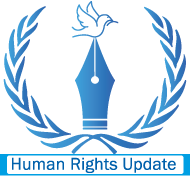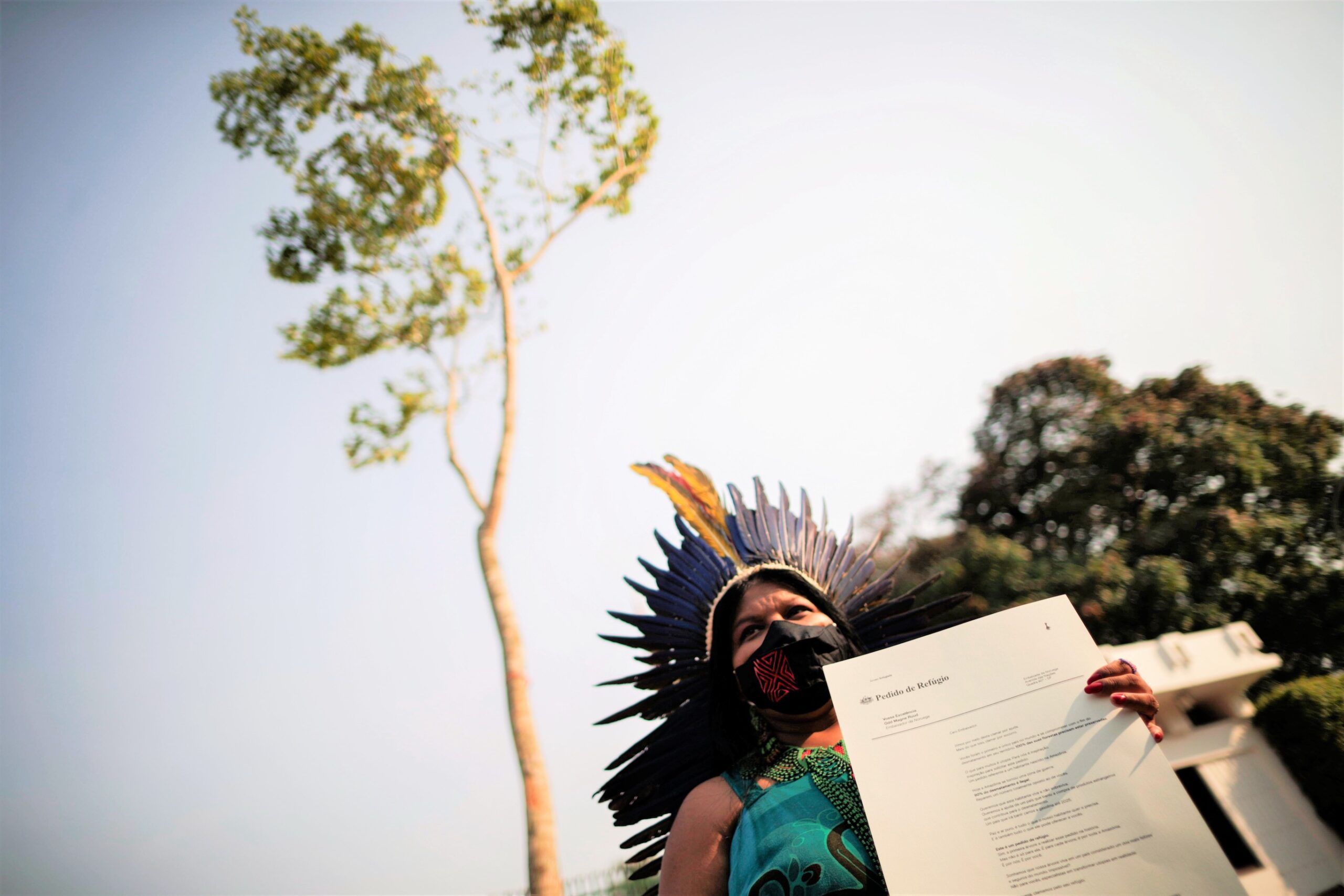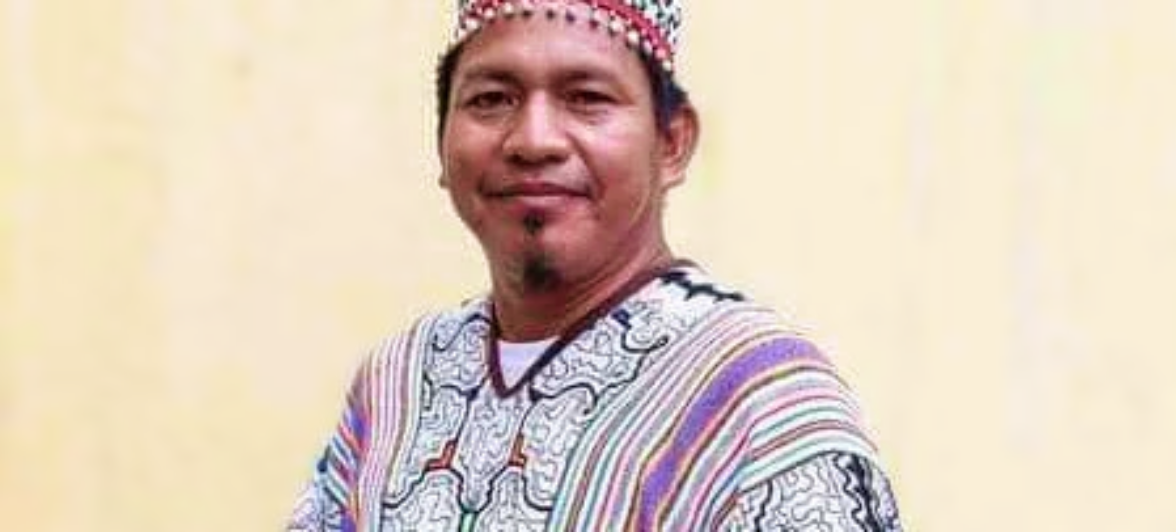In a shocking revelation, a recent survey conducted by Humanrightsupdate.com has unveiled a disturbing scenario in the Bangladeshi media landscape. Many newspapers in the country, once reputable and respected, have fallen into a state of disarray, engaging in unethical practices and neglecting the rights and welfare of journalists and media workers. This crisis within the media industry has sparked concerns about the state of journalism and the freedom of the press in Bangladesh.
The print, electronic, and online media outlets investigated in the survey include prominent names like Daily Observer, Ajker Patrika, Ittefaq, Bangladesh Sangbad Sangstha, Kaler Kantha, Samakal, Jugantor, Bangladesh Pratidin, UNB, Bhorer Kagoj, Amadershomoy.com, Sangbad, People’s Time, Daily Sun, Bangladesh Journal, Amader Somoy, Bangladesh Bulletin, Ajkaler Khabar, Kalbela, Bangladesh Post, Janakantha, Somoyer Alo, Protidiner Bangladesh, Desh Rupantor, Bhorer Daak, Alokito Bangladesh, Sangbad Sarabela, Dhaka Times, Sokaler Somoy, Amar Barta, Swadhin Bangla, Lakho Kantha, Bangladesh Samachar, Pratham Kantha, The South Asian Times, Ajker Sangbad, Darpan Pratidin, Alor Barta, Daily Evening News, Agrasar, Bortaman, Ganamukti, Pratidiner Sangbad, Daily Citizen Times, Country Today, Mukhopatra and many more. The survey reveals a grim reality where the essence of true journalism is fading away, as newspapers resort to dubious means to sustain themselves.
The survey highlights several alarming trends:
Non-payment of Salaries: Journalists and workers across multiple media outlets are enduring significant hardships as newspapers fail to pay their salaries on time, if at all. The situation has led to immense financial difficulties for the media workforce, making it challenging for them to support their families and maintain a decent standard of living.
Exploitative Wage Boards: Some journalists are receiving wages based on government wage boards, a practice that raises concerns about their independence and journalistic integrity. This undermines their ability to report objectively and maintain journalistic ethics.
Deplorable Working Conditions: The survey reveals that journalists’ working conditions, especially those at the district, upazila, and bureau levels, are dire. These individuals are compelled to prioritize advertisement collection over other news reporting, often neglecting crucial issues such as human rights violations.
Healthcare Neglect: Shockingly, the survey highlights instances where journalists faced severe health issues without the means to access proper medical treatment. Some journalists had to rely on government aid, which often required political affiliations or connections, further compromising their autonomy.
Identity Card Payments: The survey also brought to light the alarming practice of media personnel having to pay authorities to obtain their identity cards. This practice infringes on their basic human rights and raises questions about transparency and accountability within media organizations.
In response to these distressing revelations, Information and Broadcasting Minister Hasan Mahmud has acknowledged the gravity of the situation, stating, “In many newspapers, the editor is the reporter.” The minister’s statement underscores the challenges faced by journalists and the erosion of ethical journalism practices in the country.
As the media landscape continues to face turmoil, the Humanrightsupdate.com survey sheds light on the urgent need for reform within the media industry. The rights and well-being of journalists and media workers must be protected, ensuring that they can carry out their essential roles in society without fear or compromise.
The disturbing state of affairs within the Bangladeshi media serves as a wakeup call for stakeholders, including media organizations, government bodies, and civil society. Addressing these issues is essential for upholding journalistic integrity, freedom of the press, and the protection of human rights in the country.






